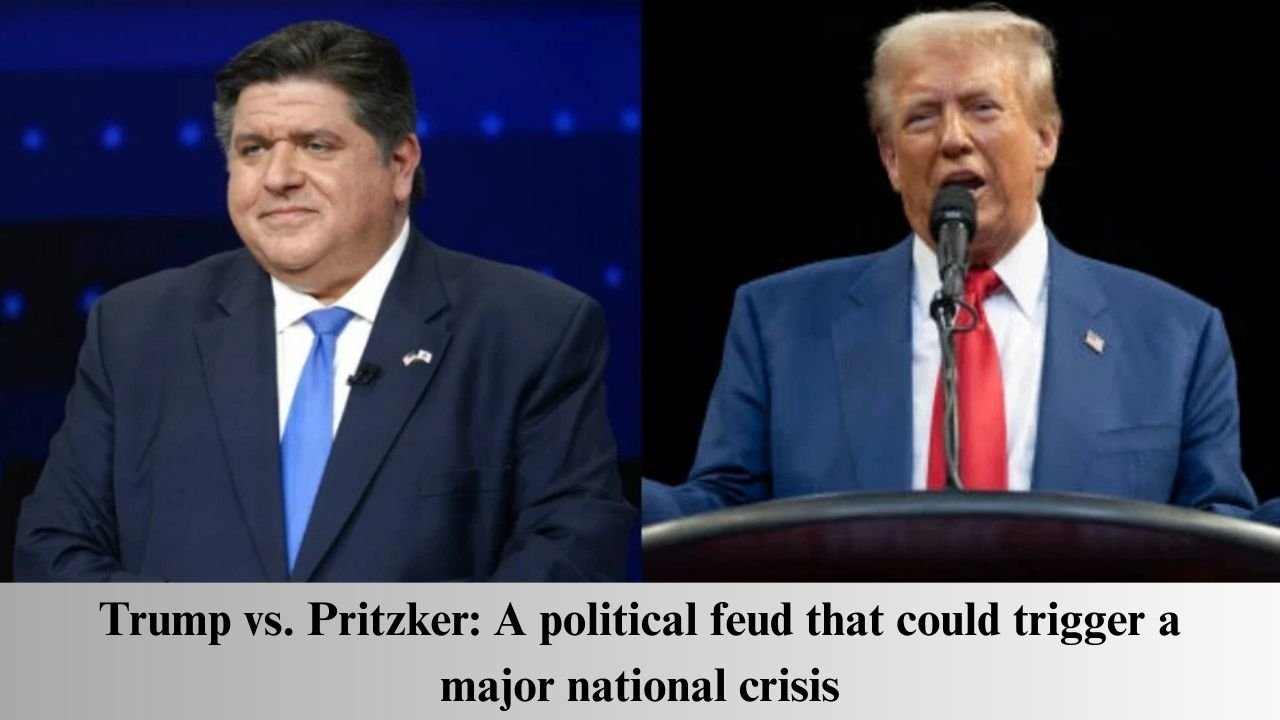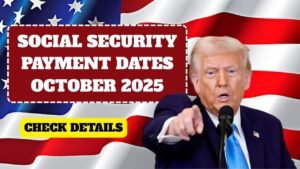President Donald Trump and Illinois Gov. JB Pritzker are each the sort of foe the other loves to hate. On one degree, their escalating showdown over the president’s danger to ship the National Guard onto the streets of Chicago is a handy political feud. Trump prospers when he has an enemy to goal. His political appeal is based on the basis that he’s more potent than all and sundry who attempts to venture or restrain him.
Pritzker is a capability Democratic presidential hopeful. His birthday party is pining for someone to reveal defiance to Trump. And since one among his feasible opponents for the 2028 Democratic nomination, California Gov. Gavin Newsom, is leading the combat again, it’s top politics to reveal he’s just as tough.
But this clash runs deeper than a brief-time period political spat. It might turn into a complete-blown disaster among a Republican White House and a chief Democratic-run metropolis and nation. Likely prison demanding situations should turn on middle values of republicanism in a dispute among a president with a monarchical experience of strength and a country that rejects federal duress.
When Pritzker on Monday told Trump, “Do no longer come to Chicago. You are neither desired here nor needed right here,” he changed into echoing tensions essential to the American gadget of governance that were stirred at remarkable moments of US history — for example, within the run-up to the Civil War and around federal enforcement of civil rights legal guidelines.
Background of the Feud
Donald Trump, a Republican and previous president, has long framed himself as a “regulation and order” chief, frequently criticizing Democratic-led cities and states for rising crime quotes, immigration policies, and techniques to policing.
Governor J.B. Pritzker, a Democrat and vocal critic of Trump, has continually pushed back against Trump’s rhetoric. Pritzker has positioned Illinois as a country that embraces progressive regulations on healthcare, weather alternate, schooling, and social justice.
The conflict among the 2 leaders has grown more personal in latest months, with Trump targeting Chicago and Illinois in his speeches, at the same time as Pritzker accuses Trump of fueling division and perilous democratic establishments.
The Crime Debate: Flashpoint of Conflict
At the center of the feud is Chicago’s ongoing warfare with violent crime. Trump has time and again highlighted Chicago as a image of Democratic leadership failure, calling for stronger policing measures and even suggesting navy deployment to the town.
Pritzker, however, emphasizes community-led projects, financial investment, and reform-oriented policing. He argues that federal overreach into Illinois’ governance undermines country authority and will expand tensions as opposed to resolve them.
This fundamental confrontation has became a bigger ideological conflict: federal enforcement and control versus country-led reform and investment.
State vs. Federal Authority
The feud also raises constitutional questions about the limits of federal power. Trump’s suggestions of sending federal forces or even military troops into Illinois without state approval would likely lead to legal challenges and set the stage for a constitutional showdown.
Pritzker has made it clear that Illinois could face up to any attempts at federal intervention that pass the kingdom government. Such defiance may want to cause complaints, mass protests, and deepen the already polarized national political climate.
National Implications
The Trump-Pritzker warfare isn’t always confined to Illinois. Analysts warn that this feud represents a far large political divide throughout country. With other Democratic governors additionally resisting federal overreach, a standoff in Illinois could inspire similar showdowns in states like California, New York, and Washington.
The growing anxiety could paralyze cooperation between kingdom and federal governments, weakening the united states’s capacity to reply to crises inclusive of herbal disasters, economic downturns, or country wide protection threats.
Furthermore, the political feud should inflame partisan divisions beforehand of upcoming elections. Trump’s base may additionally see Illinois as a battleground to showcase his difficult-on-crime agenda, even as Democrats may also rally around Pritzker as a image of resistance to authoritarianism.
Public Reaction
Public opinion at the feud is deeply divided. Supporters of Trump argue that decisive federal action is necessary to deal with crime and restore order in American cities. Critics, however, see such movements as authoritarian and dangerous to democracy.
Meanwhile, many Illinois residents express concern that political fights on the top are distracting from real solutions to crime, inequality, and governance challenges.
Conclusion
The Trump vs. Pritzker feud is extra than a private contention—it reflects a broader countrywide battle over crime, governance, and the balance of power between federal and nation authority. If left unchecked, this war should expand right into a constitutional and political disaster with a long way-accomplishing effects for the entire country.
As both leaders double down on their positions, the stakes develop better. Whether this feud becomes a defining flashpoint in American politics can also rely upon whether communicate and compromise are feasible in a deeply polarized country.

